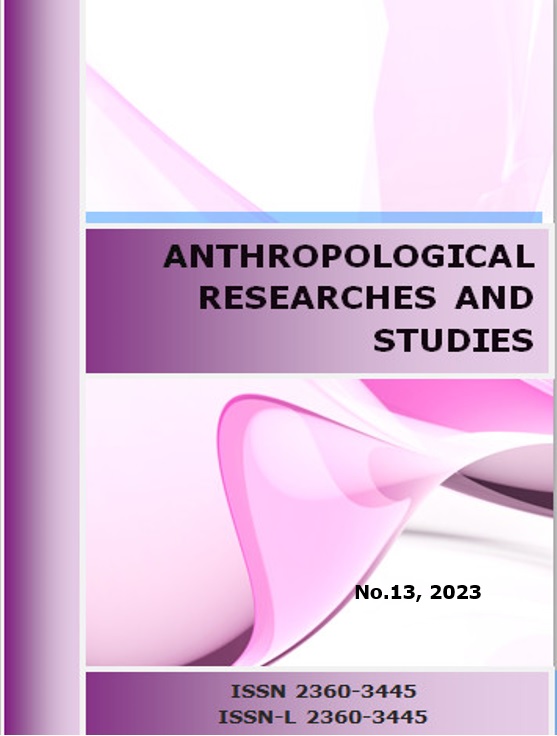THE MODERATOR ROLE OF DIFFICULTIES OF EMOTIONAL REGULATION IN THE RELATIONSHIP BETWEEN AGE AND THE INTENSITY OF POSITIVE EMOTIONS
THE MODERATOR ROLE OF DIFFICULTIES OF EMOTIONAL REGULATION IN THE RELATIONSHIP BETWEEN AGE AND THE INTENSITY OF POSITIVE EMOTIONS
Author(s): Dorina Maria NijloveanuSubject(s): Educational Psychology, Social psychology and group interaction, Psychology of Self, Behaviorism
Published by: Institutul de Antropologie ,,Francisc I. Rainer” al Academiei Române
Keywords: adolescence; emotion regulation; intensity of positive emotions; age;
Summary/Abstract: Objectives. Identifying aspects of the difficulties of emotional regulation (awareness and understanding of emotions, acceptance of emotions, the ability to control impulsive behavior and be in line with the desired goals in terms of negative experiences and the ability to flexibly use emotional regulation strategies in similar situations to correctly modulate emotional responses) and the force with which positive emotional experiences are lived in adolescence. Material and methods. The sample of this study was made up of 427 students aged between 15 and 18 years (Mage = 16.35, SD = .93), 136 male (Mage = 16.38, SD = .95), from which data have been collected by applying questionnaires aimed at self-reporting to different emotional situations using Difficulties in Emotion Regulation Scale (DERS) and Revised Emotional Intensity Scale (EIS-R). Results. The results shows the effect of the predictor (age) on the dependent variable (the intensity of positive emotions) at different levels of the moderator (average, low and high). Five of the six dimensions of emotional disorder have a moderator effect between age and the intensity of positive emotions (respectively: non-acceptance of emotional responses, difficulty in achieving objectiveoriented behaviors, limited access to emotional regulation strategies, lack of emotional clarity and difficulty in controlling impulse). Poor emotional awareness is the difficulty of emotional regulation that does not moderate the relationship. Conclusions. The results of the study emphasize those strategies of emotional regulation that specialists interested in developing in any programs or psychotherapeutic intervention techniques to consider with regard to adolescents.
Journal: Anthropological Researches and Studies
- Issue Year: 2023
- Issue No: 13
- Page Range: 240-249
- Page Count: 10
- Language: English

